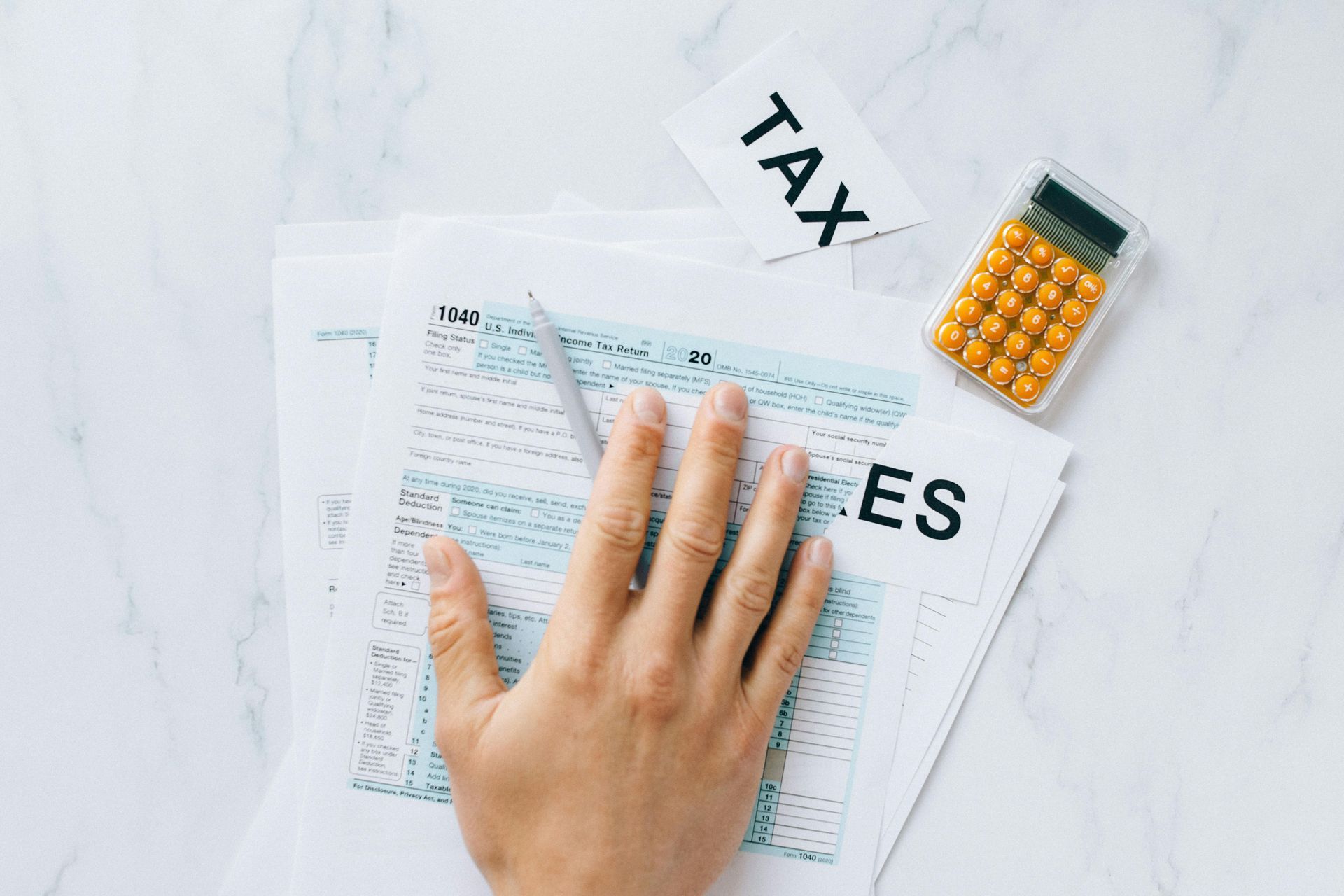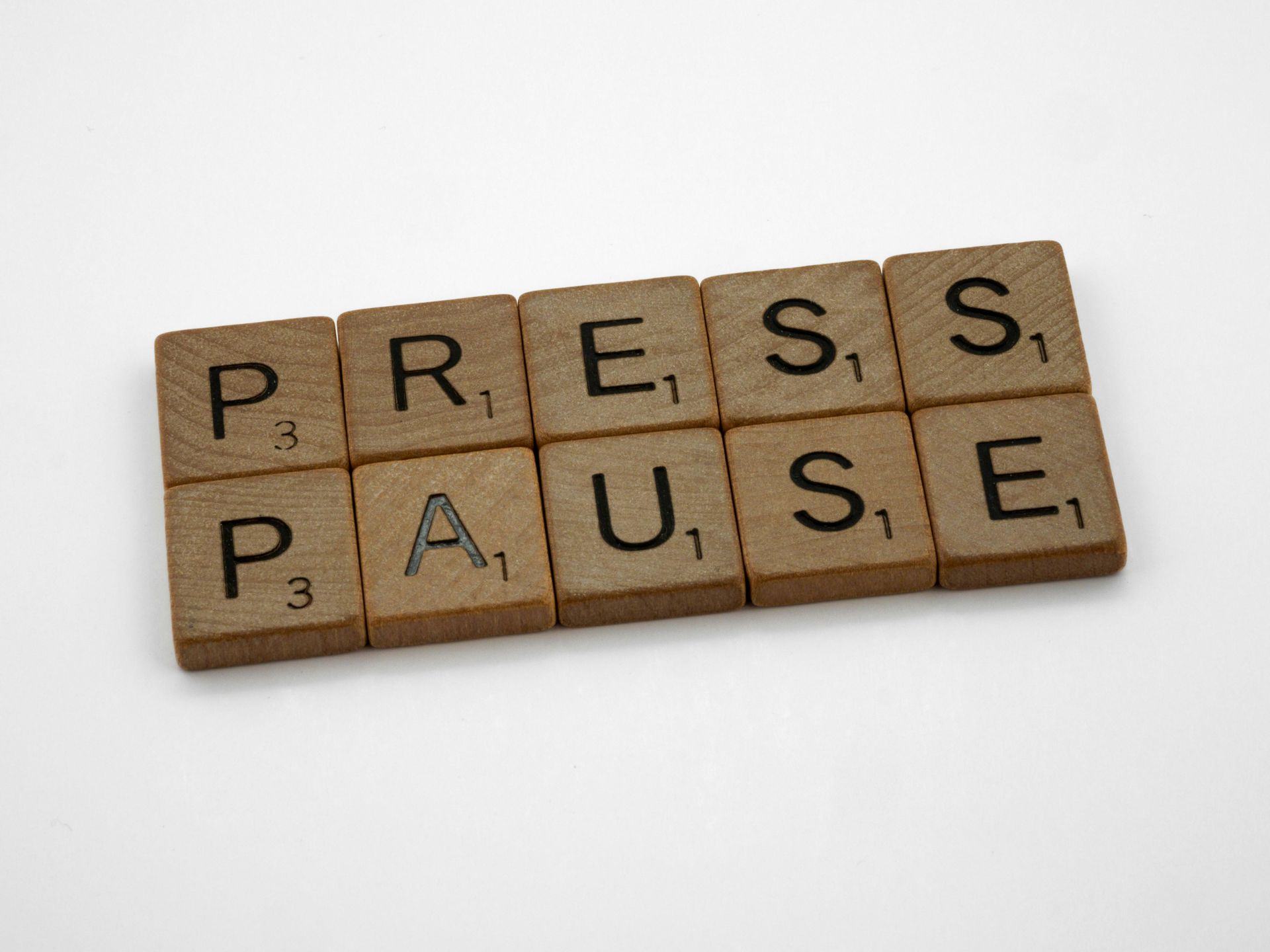4th Circuit and I-9 Fraud: False Claim to U.S. Citizenship, I-9 Fraud being treated as an “Immigration Benefit,” and the Adjustment of Status Process
To begin, the fundamentals must be explained.
First, the Fourth Circuit governs the laws of North Carolina, South Carolina, Virginia, West Virginia, and Maryland.
Second, the governing law can be found at: Dakura v. Holder , 772 F.3d 994 (2014). Court Decision found here: https://www.ca4.uscourts.gov/Opinions/Published/132246.P.pdf
Third, a “False Claim to U.S. Citizenship” is a legal immigration term. Simply put, it is saying that you are a U.S. Citizen, when you are not. False Claim to U.S. Citizenship is a Permanent Bar to Immigration and grounds for Deportation. There are no waivers for this immigration violation.
Fourth, “I-9 Fraud” is common, and may require a waiver, unless a “False Claim to U.S. Citizenship” occurred. In the case of Adjustment of Status, I-9 Fraud 100% must be disclosed because it is an employment benefit, that now is construed as an “Immigration Benefit.”
DAKURA V. HOLDER
Raymond Dakura, a native of Ghana in West Africa. Dakura had falsely represented himself to be a United States citizen on Forms I-9 in seeking employment. The Court found that an alien — like Dakura — who falsely claims United States citizenship in seeking private employment is inadmissible as a matter of law under 8 U.S.C. § 1182(a)(6)(C)(ii)(I) (the “false claim bar”).
8 U.S.C. § 1182(a)(6)(C)(ii)(I) states:
[a]ny alien who falsely represents, or has falsely represented, himself … to be a citizen of the United States for any purpose or benefit under this chapter (including section 1324a of this title) or any other Federal or State law.
The Court in Dakura found that Dakura’s “purpose” in representing himself as a citizen on the Forms I-9 was “obviously … to obtain employment.” That purpose, the Court reasoned, “constituted applying for an immigration benefit.” Thus, Dakura in Dakura v. Holder was inadmissible and ineligible for an adjustment of status.
What is I-9 Fraud?
I-9 Fraud is the completion of the I-9 USCIS Form without the authorization to work, and stating that someone is eligible to work due to U.S. Citizenship, being a U.S. National, having employment authorization, or an employment visa.
Before Dakura v. Holder , many believed that fraud on the I-9 Form did not constitute an immigration benefit because I-9 Forms are used solely for private employment. The I-9 doesn’t actually give an immigration benefit, such as the ability to work.
The Court in Dakura v. Holder stated that:
The Form I-9 was created for that very purpose by the immigration authorities, pursuant to the IRCA. In order to properly complete a Form I-9, a prospective employer must physically examine the prospective employee’s documentation, verifying his identity and eligibility to work. Both the prospective employee and the prospective employer must then attest, under penalty of perjury, that the prospective employee is not an unauthorized alien.
The Form I-9 therefore constitutes an important component of the INA’s regulatory scheme to prevent unauthorized aliens from obtaining private employment, which is prohibited by § 1324a. As a result, the reference in the false claim bar to the provisions of § 1324a leaves no room for doubt that private employment constitutes a “benefit” under the INA. We thus recognize that, pursuant to the false claim bar, an alien who falsely claims to be a United States citizen on a Form I-9 in seeking private employment is inadmissible as a matter of law.
Dakura v. Holder does speak directly on “False Claims,” but it also clarified ALL I-9 FRAUD as being an Immigration Benefit that requires a waiver in order to receive Lawful Permanent Residence.
Disclaimer: This Blog is made available by the lawyer or law firm publisher for educational purposes only as well as to give you general information and a general understanding of the law, not to provide specific legal advice. By using this blog site you understand that there is no attorney-client relationship between you and the Blog/Web Site publisher. The Blog should not be used as a substitute for competent legal advice from a licensed professional attorney in your state.












